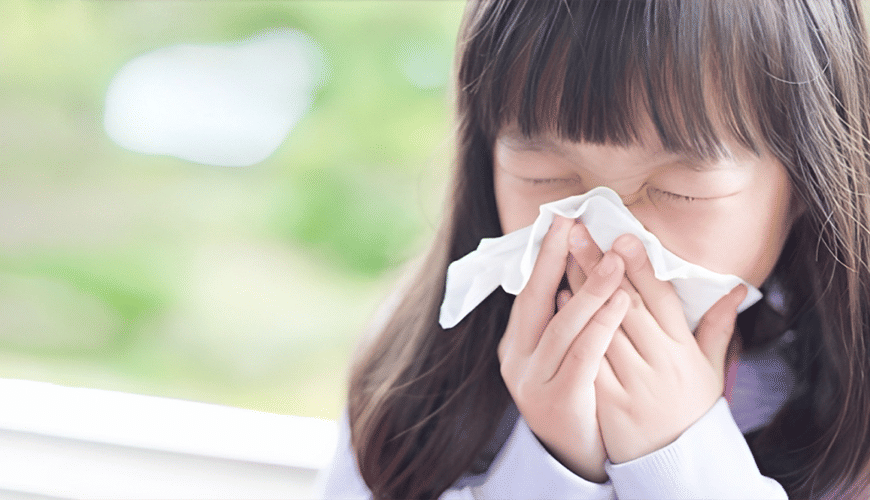
Diet for dust allergy patients
Dust allergies can be challenging to manage, and diet can play a role in how your body reacts to allergens. While there is no specific diet that can cure dust allergies, certain foods and dietary habits can help to alleviate symptoms and improve overall health. Here are some dietary tips for dust allergy patients:
- Eat anti-inflammatory foods
Inflammation is a common symptom of dust allergies, and eating anti-inflammatory foods can help to reduce inflammation in the body. Focus on eating a diet that’s rich in fruits, vegetables, whole grains, lean proteins, and healthy fats. These foods are high in antioxidants and other nutrients that can help to reduce inflammation.
- Avoid processed and packaged foods
Processed and packaged foods are often high in preservatives and other additives that can trigger allergic reactions. Opt for fresh, whole foods instead, and avoid foods that contain artificial colors, flavors, and preservatives.
- Drink plenty of water
Staying hydrated is important for overall health and can help to alleviate symptoms of dust allergies. Drink plenty of water throughout the day, and limit your intake of sugary drinks and caffeinated beverages.
- Include foods high in quercetin
Quercetin is a natural antihistamine that can help to reduce allergy symptoms. Foods that are high in quercetin include onions, garlic, apples, and berries. Try to include these foods in your diet regularly.
- Avoid foods that can trigger allergic reactions
Some people with dust allergies may also have food allergies that can exacerbate symptoms. Common allergens include peanuts, tree nuts, shellfish, and dairy products. If you suspect that you have a food allergy, talk to your doctor or a registered dietitian for guidance on how to manage your diet.
- Consider probiotics
Probiotics are beneficial bacteria that can help to boost the immune system and reduce inflammation. Consider incorporating probiotic-rich foods such as yogurt, kefir, and kimchi into your diet.
- Limit alcohol consumption
Alcohol can worsen allergy symptoms and increase inflammation in the body. Limit your consumption of alcohol, and avoid drinking if you’re experiencing allergy symptoms.
By following these dietary tips, you can help to alleviate symptoms of dust allergies and improve your overall health and well-being.
Thanks for reading!

